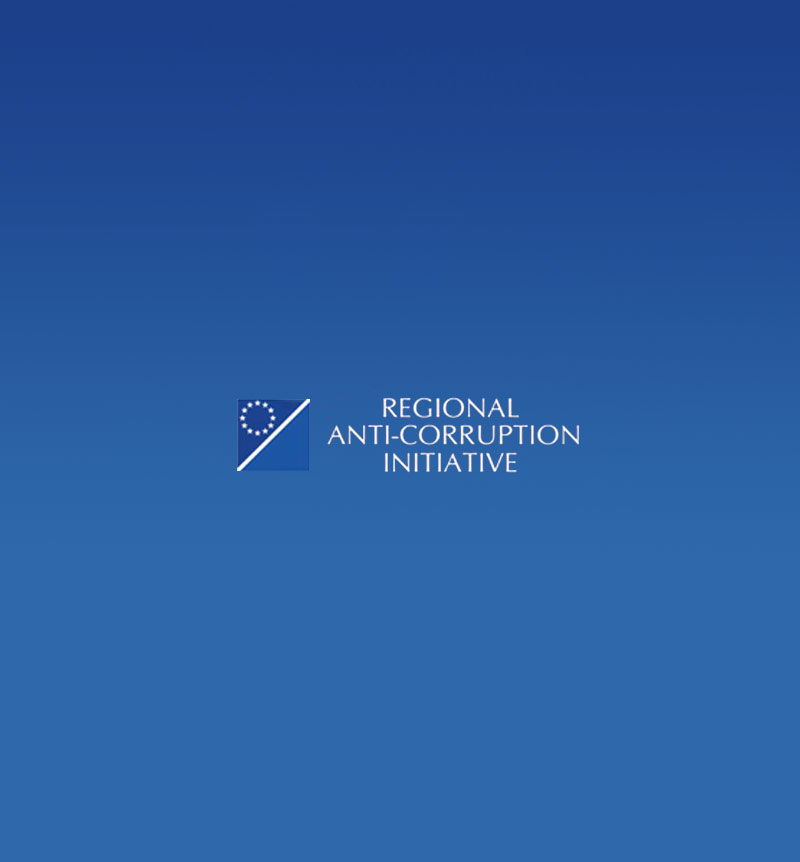RAI Secretariat organized Regional Training on Monitoring and Evaluation of Corruption Risk Assessment (CRA) and Corruption Proofing of Legislation (CPL) mechanisms in Sarajevo, Bosnia and Herzegovina on June 22nd and 23rd.
Regional Training gathered peers from respective ministries and anti-corruption agencies/commissions from all the capitals directly involved in the process of monitoring and evaluating the aforementioned mechanisms.
Mr. Nikola Naumovski, Senior Anti-Corruption Advisor in RAI Secretariat delivered opening remarks.
After the introductory speech, RAI expert, Mr. Radu Nicolae delivered the first session dedicated to the importance of CRA and CPL mechanisms in the process of combating corruption and the importance of monitoring and evaluating these mechanisms in practice. During this session, Mr. Nicolae introduced newly developed Monitoring and Evaluation Methodologies for CRA and CPL Mechanisms.
During the second part of the Regional Training participants had the opportunity to observe practical examples from different jurisdictions and to participate in brainstorming and constructive discussions. This session was focused on applying newly developed Methodologies to concrete situations from everyday work.
The regional capacity building training was aimed to increase the knowledge of participants in the area of monitoring and impact assessment (evaluation) of implementation of the CRA and CPL mechanisms and to support them to apply CRA/CPL monitoring and evaluation methodology (tools and indicators) in their jurisdictions. Besides these goals, the event was focused on gathering opinions and identifying the needs of project beneficiaries for drafting a roadmap of a new phase of the project.
The training in Sarajevo was organized in the framework of the project South East Europe – Together Against Corruption (SEE-TAC), jointly implemented by RAI and UNODC – United Nations Office on Drugs and Crime – Civil Society Unit and funded by Austrian Development Cooperation.


